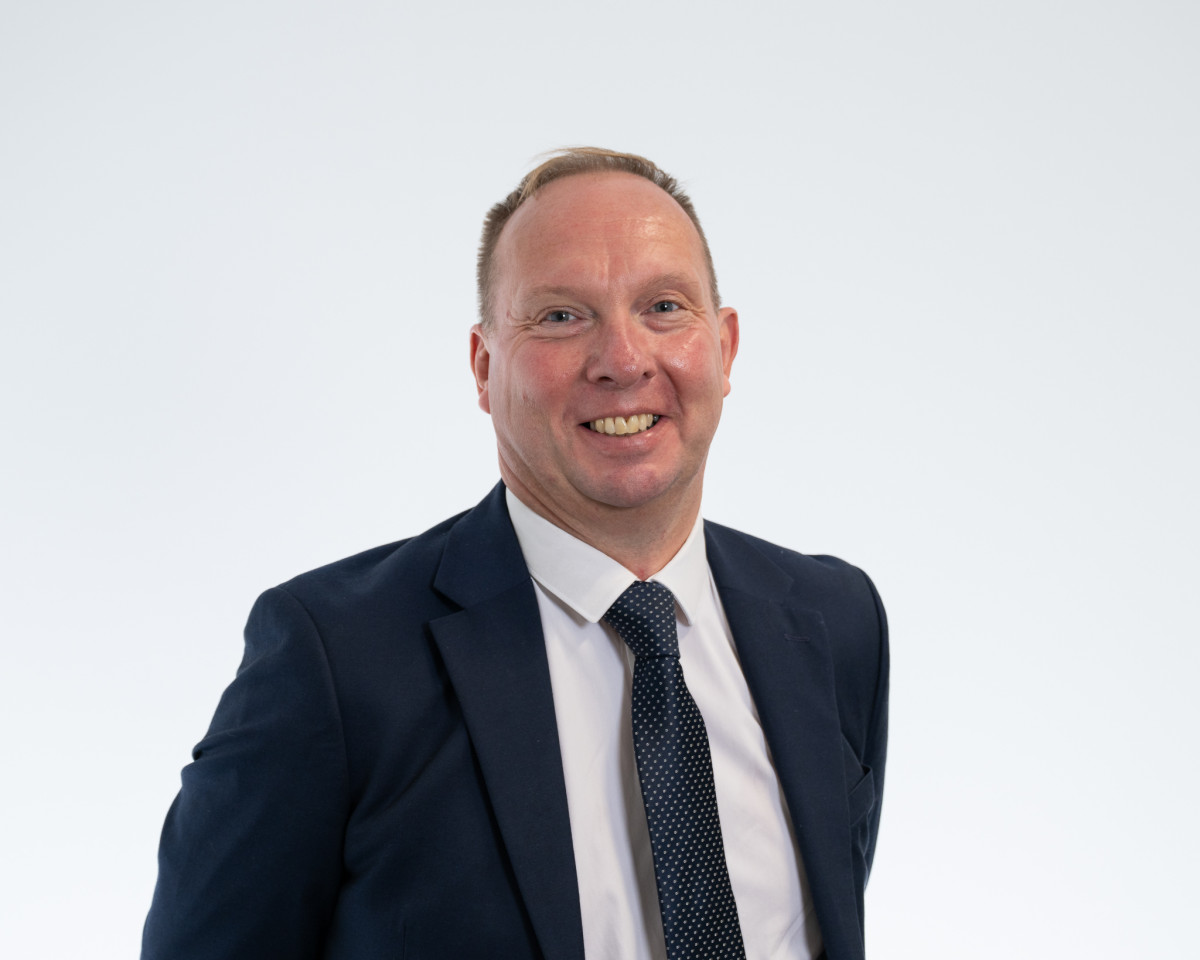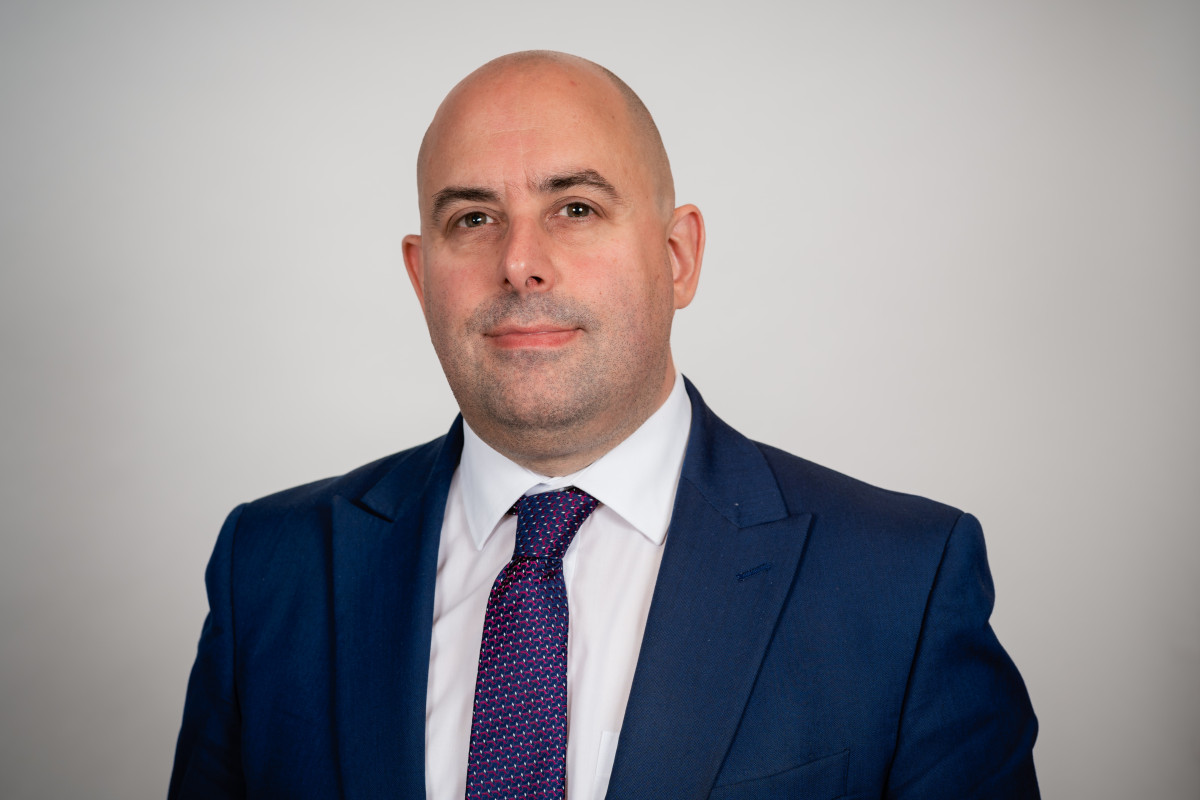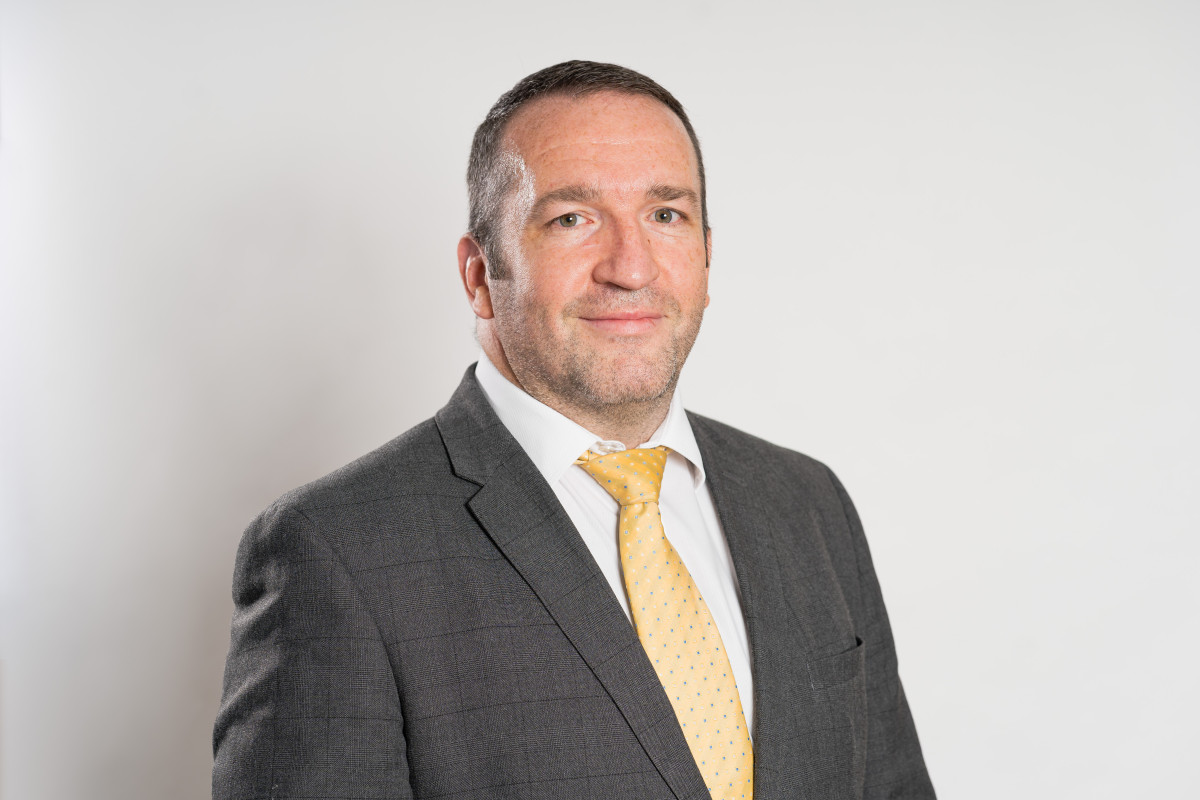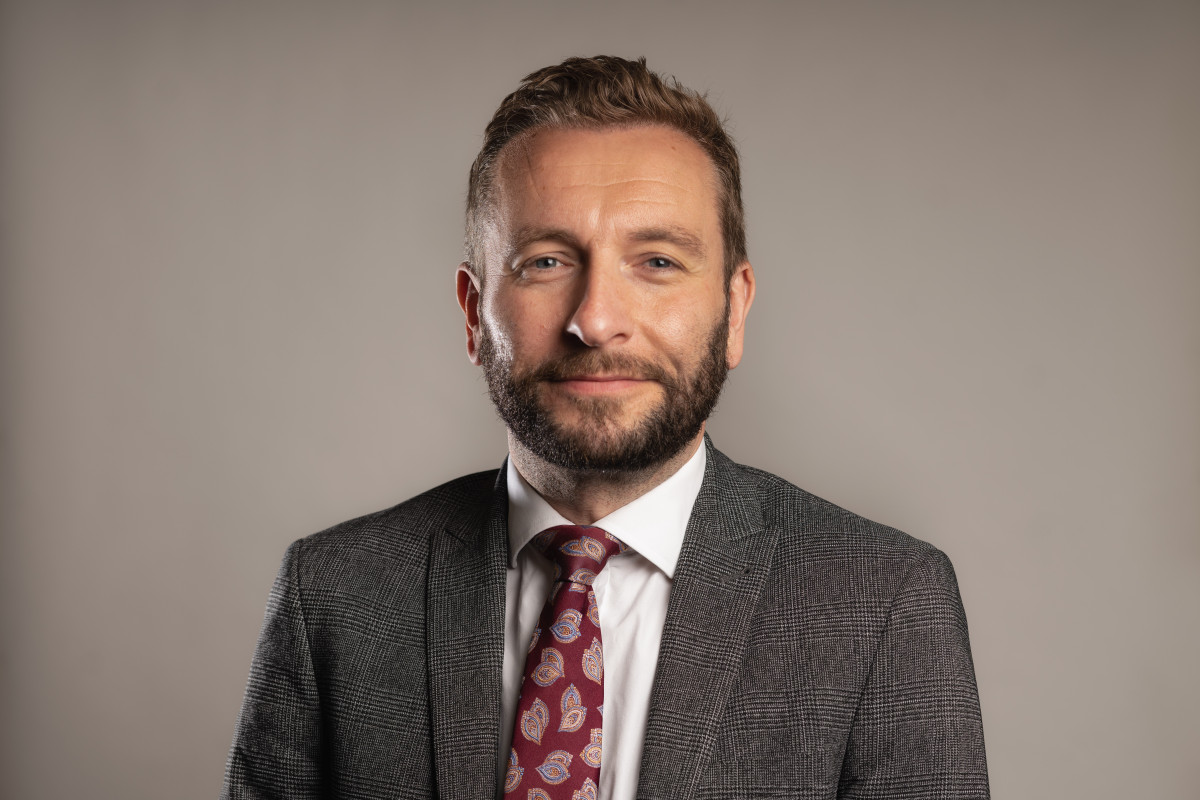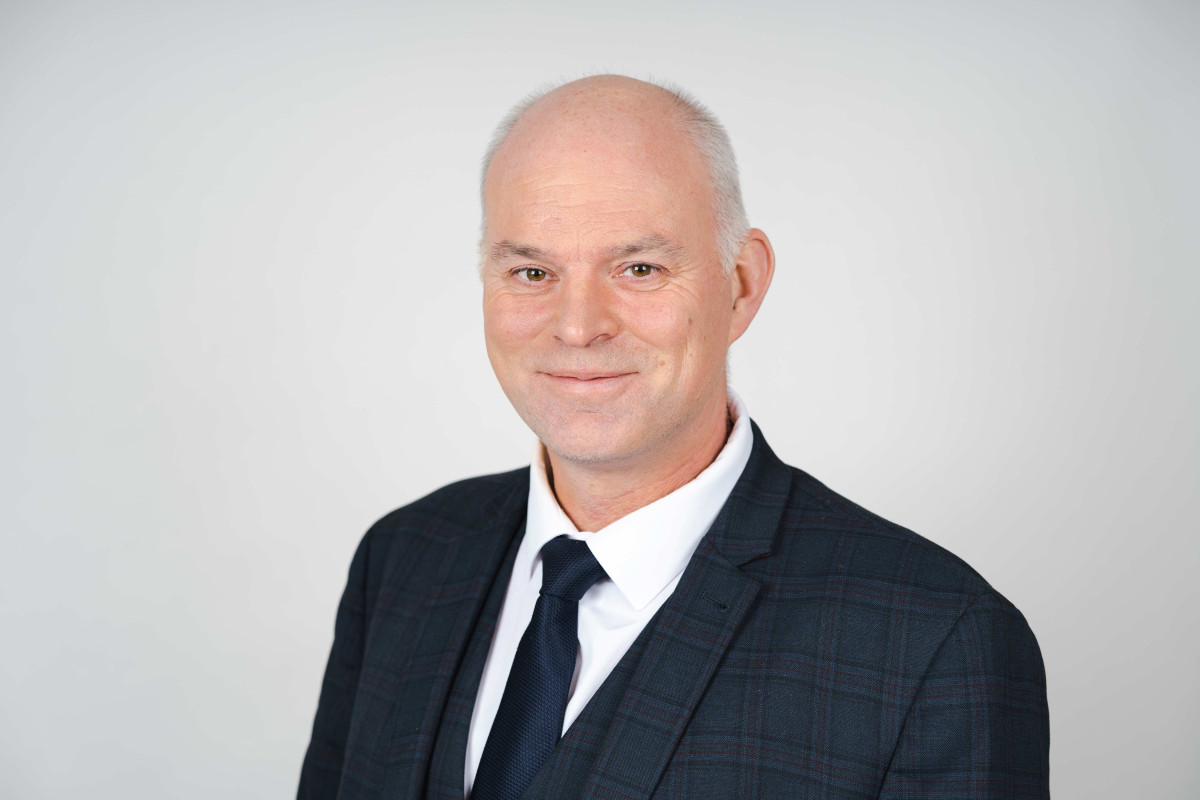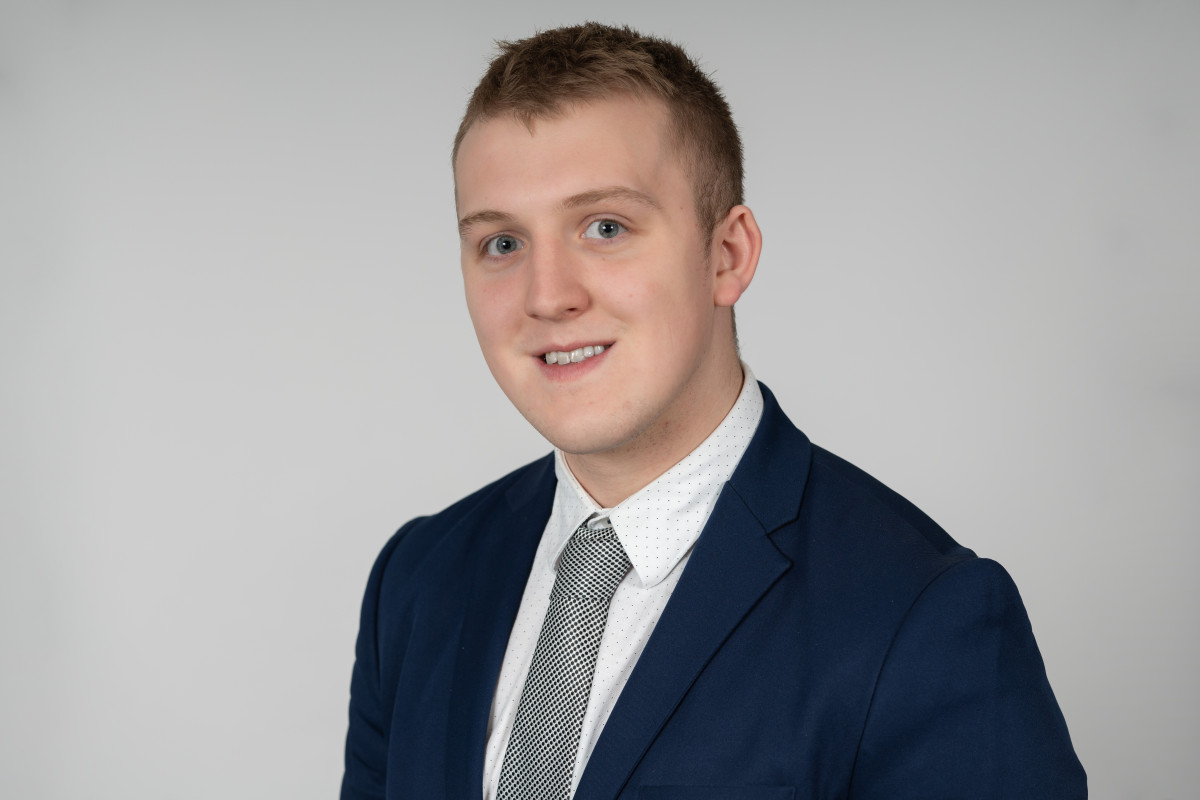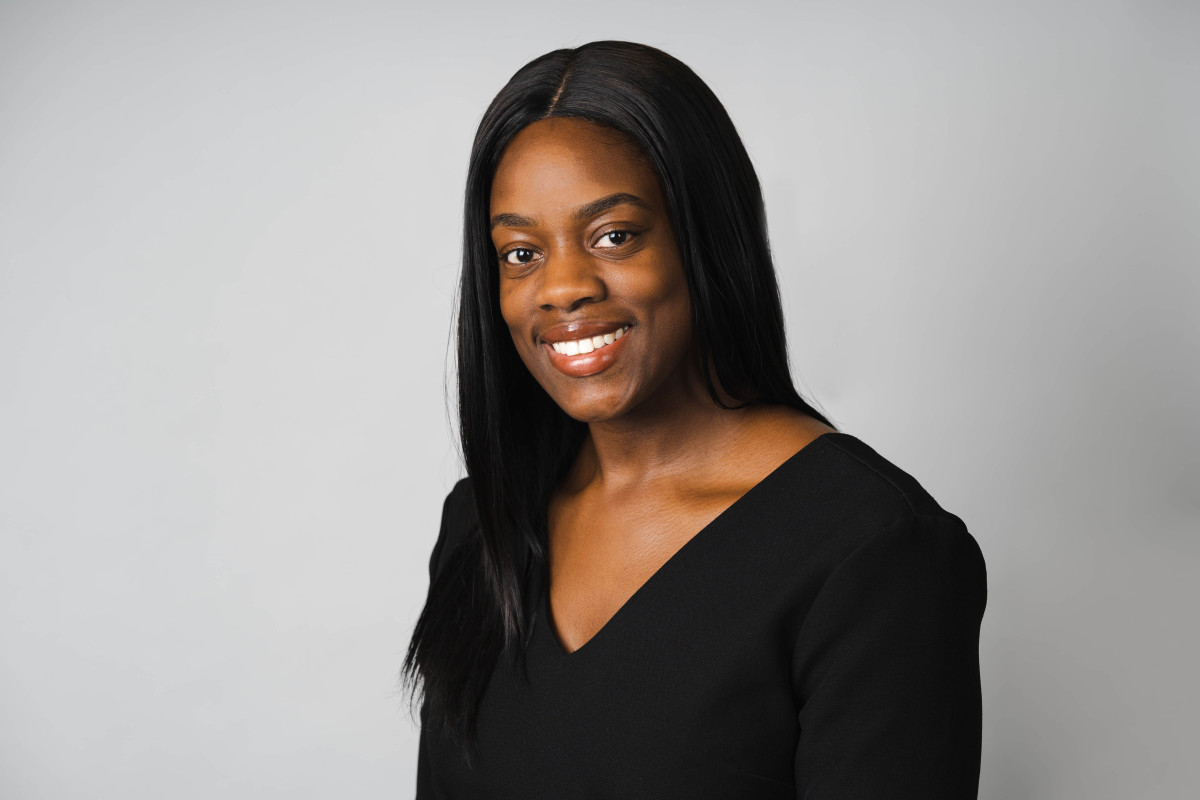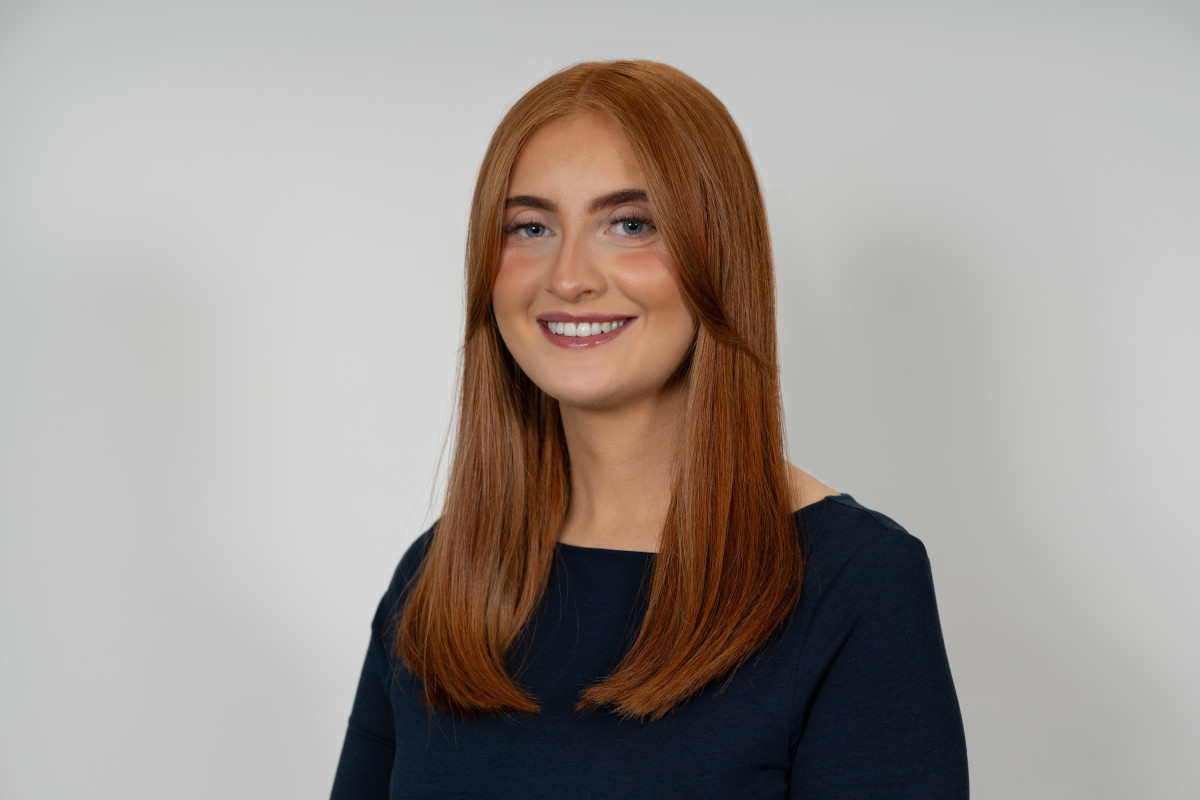"I write to you too show my gratitude for the excellent service I have received off yourself and your Barrister.
"Firstly Ian, I would like too thank you for your strong professional attitude from day one you assisted and re-assured me in what was a very difficult and new environment for me, throughout the case you provided clear and concise helpful information that gave myself a much better understanding in difficult circumstances, I came to our meetings with many questions and it was not just that you answered these it was the way in which you did so without hesitation that gave me a lasting impression of what a professional you truly are, it was your preparation that gave me confidence when I needed it the most so a sincere thank you.
"For your Barrister again an unbelievable professional with a distinct eye for detail I have not previously come across, with such a warm personality in harsh circumstances a man I could trust always had my best interests at the forefront, over a period that was the most difficult time of my life your Barrister's astuteness gave me comfort, when I witnessed your Barrister's defence statement the content and delivery was of real power and almost cinematic, a very understanding and relatable gentleman all the best wishes.
"Again a sincere thank you to you both you made an excellent team and gave me the confidence needed."



